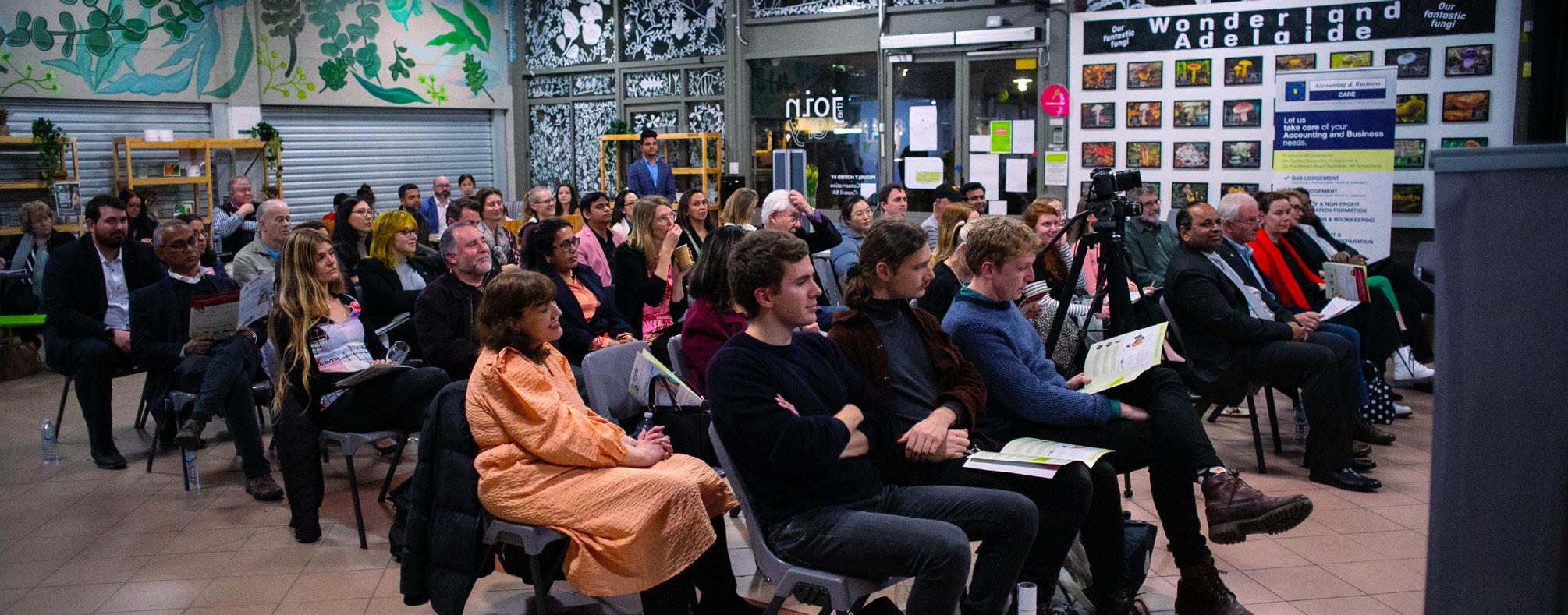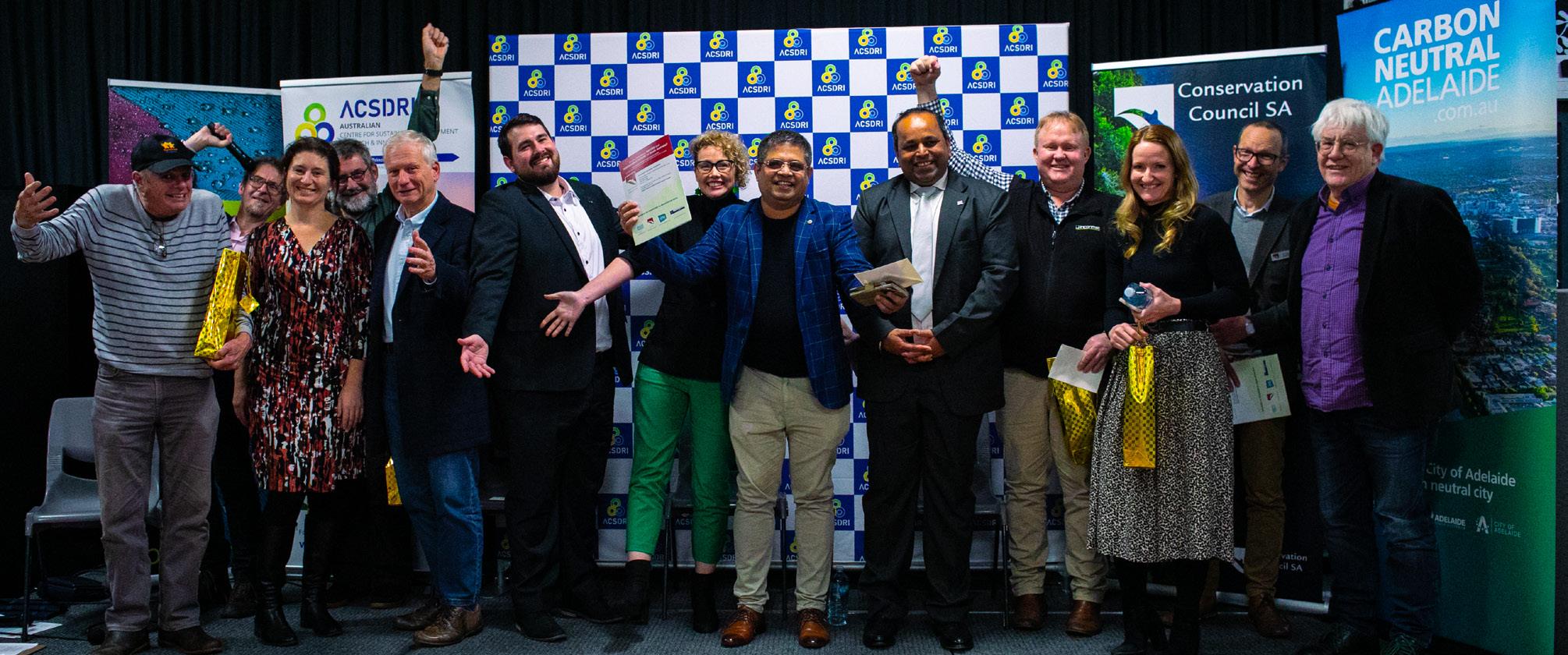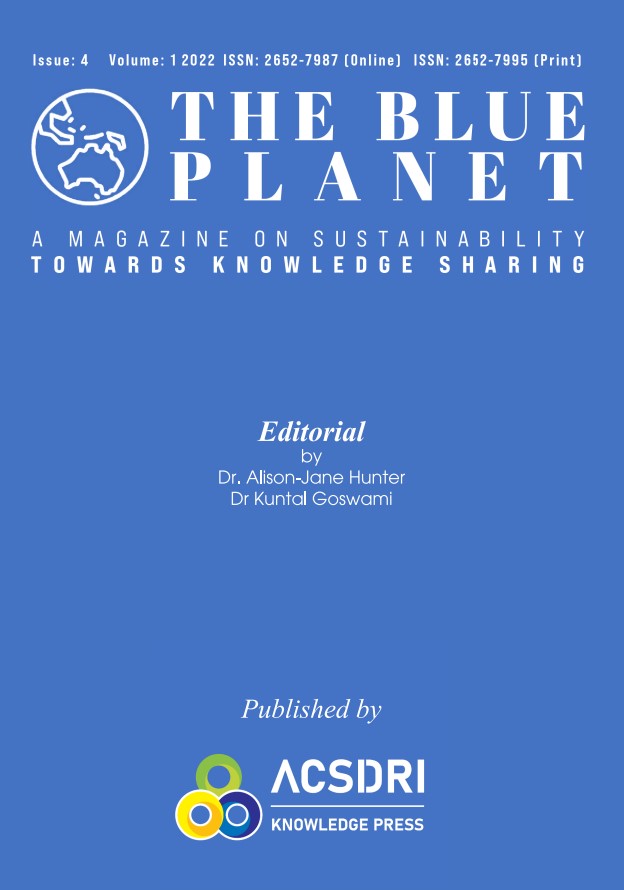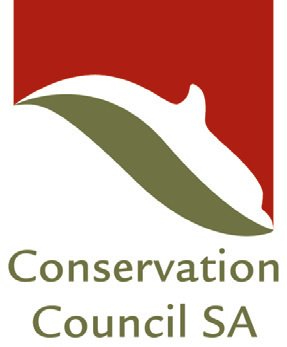The Blue Planet - Sustainability Magazine (2022 Editorial)
Authors : Dr. Alison – Jane Hunter & Dr Kuntal Goswami
The Blue Planet is a multi-disciplinary magazine published by ACSDRI – Knowledge Press a publishing unit of the Australian Centre for Sustainable Development Research & Innovation (ACSDRI) – A Research Foundation.
This magazine aims to disseminate knowledge and propagate dialogue on the sustainability agenda to a mass audience. The magazine accepts topics related to Sustainable Development Goals (SDGs), green innovation relating to SDGs, the circular economy, public policy, green projects, management, environmental science, and other related topics. The magazine has both print (ISSN: 2652-7995) and online (ISSN: 2652-7987) versions. The magazine welcomes scholarly contributions in the form of articles and reports from both academics and professionals.
Attaining holistic sustainability is an aspiration of all communities of the world. Dr Kuntal Goswami, Dr Kazi Islam, and Winton Evers jointly provide insightful comparisons of all major contemporary sustainability frameworks and highlight the extent of sustainability practices among major organisations across the world. Dr Steve Andrews explains how the “Healing Sea Country Program” of Envirotech Education is empowering the Moreton Bay Island community to take environmental initiative into their own hands and create an accredited local environmental workforce.
Subhomoy Bandyopadhyay presents a case study showing how a multi-national organisation’s sustainable procurement objective is motivating its vendors to integrate and implement sustainability practices in its decision-making process and operation. In the article, Biofuels – The Renewable Energy Sector’s Sleeping Giant Andrew Ly argues that biofuels are generally made relatively easily from waste or by-products, thereby eliminating the need for ecosystem-destruction due to open-cast mining or drilling kilometres into the Earth’s crust for oil.
Mark Parnell, the ex-Green Senator of South Australia, reflects on the erosion of public participation rights as a retired environmental lawyer and member of parliament.
The final chapter is a photo-infographic series complementary to ACSDRI’s #biodiversitymatters campaign. In this edition, the theme highlights the interlinkage between climate change and biodiversity loss.
The magazine also illustrates nature photography to promote LOVE for NATURE. In 2022, ACSDRI conducted the #biodiversity matters Nature photography contest in association with VIBGYOR and GECCI. In addition, some generous photographers were also gifted, or the magazine acquired high-quality nature photography.
The contributors of the I LOVE NATURE – Photography Series are as follows:
Co-editors of the magazine:
For future publications and collaboration, please contact:
Dr. Kuntal Goswami -Founder of ACSDRI & Co-editor of The Blue Planet – Magazine Registered Climate Active Consultant, Certified IPA Public Accountant, Registered Tax Accountant & ASIC Agent.
A Joint PhD (Australian National University-Charles Darwin University), Australia
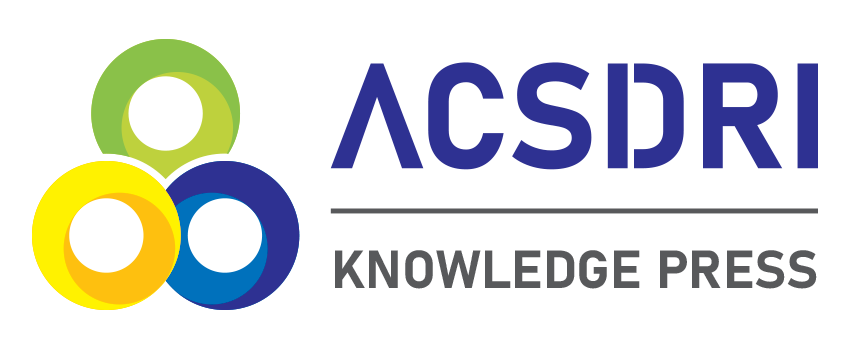
Editorial




FINALIST OF 2022
ACSDRI NATURE PHOTOGRAPHY CONTEST
IN ASSOCIATION WITH
GECCL AND VIBGYOR
Photography by
Photography by

Photography by
Photography by



FINALIST OF 2022
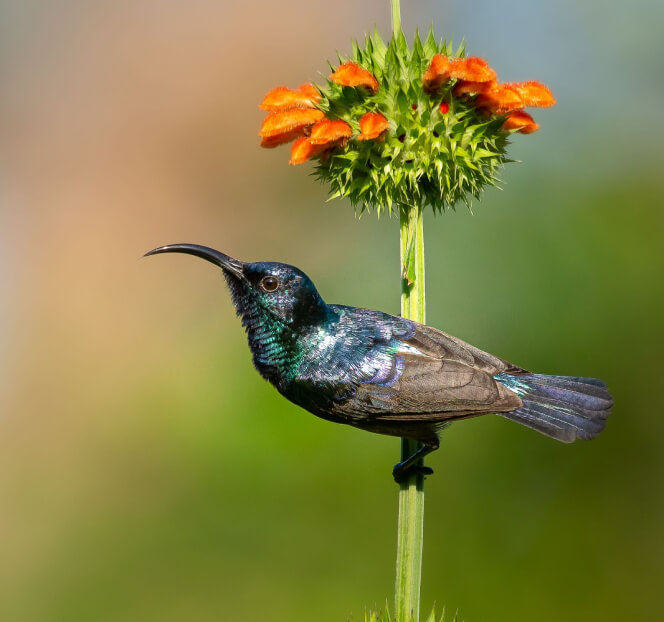
Photography By
Srinivas Mallela

Photography By



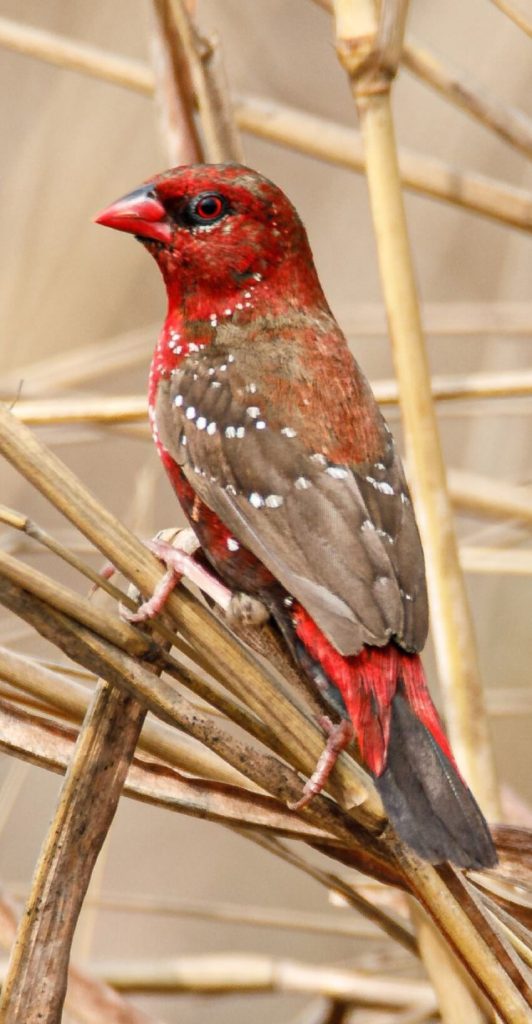
Photography By
FINALIST OF 2022
Photography By
Photography By
Photography By



FINALIST OF 2022
Photography By
Photography By
Photography By



FINALIST OF 2022
Photography By
Photography By



FINALIST OF 2022
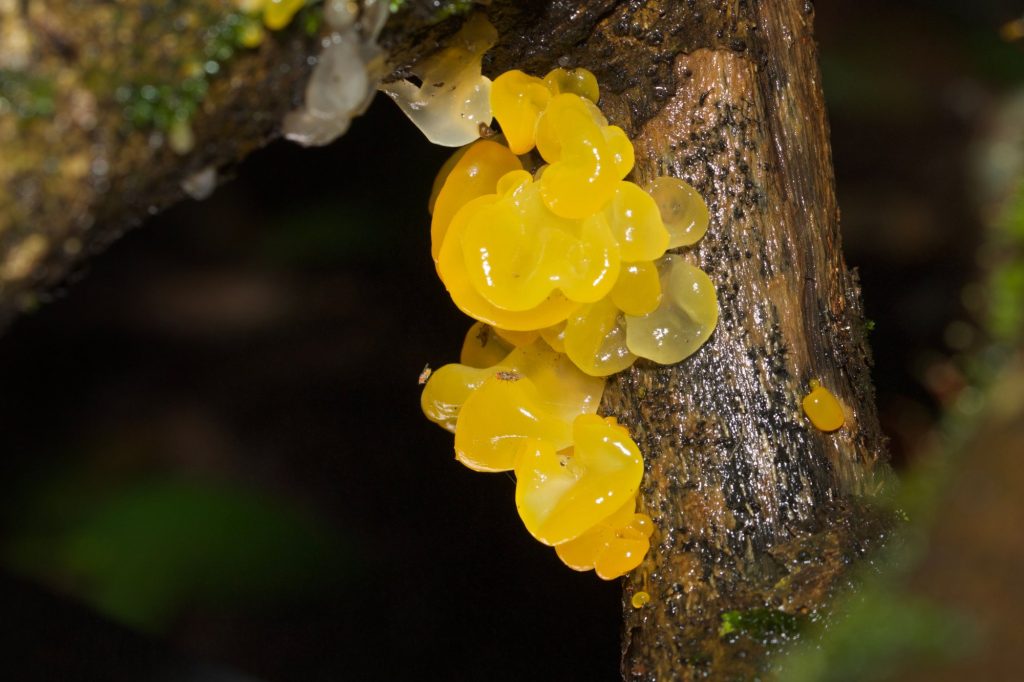
Photography By
Photography By
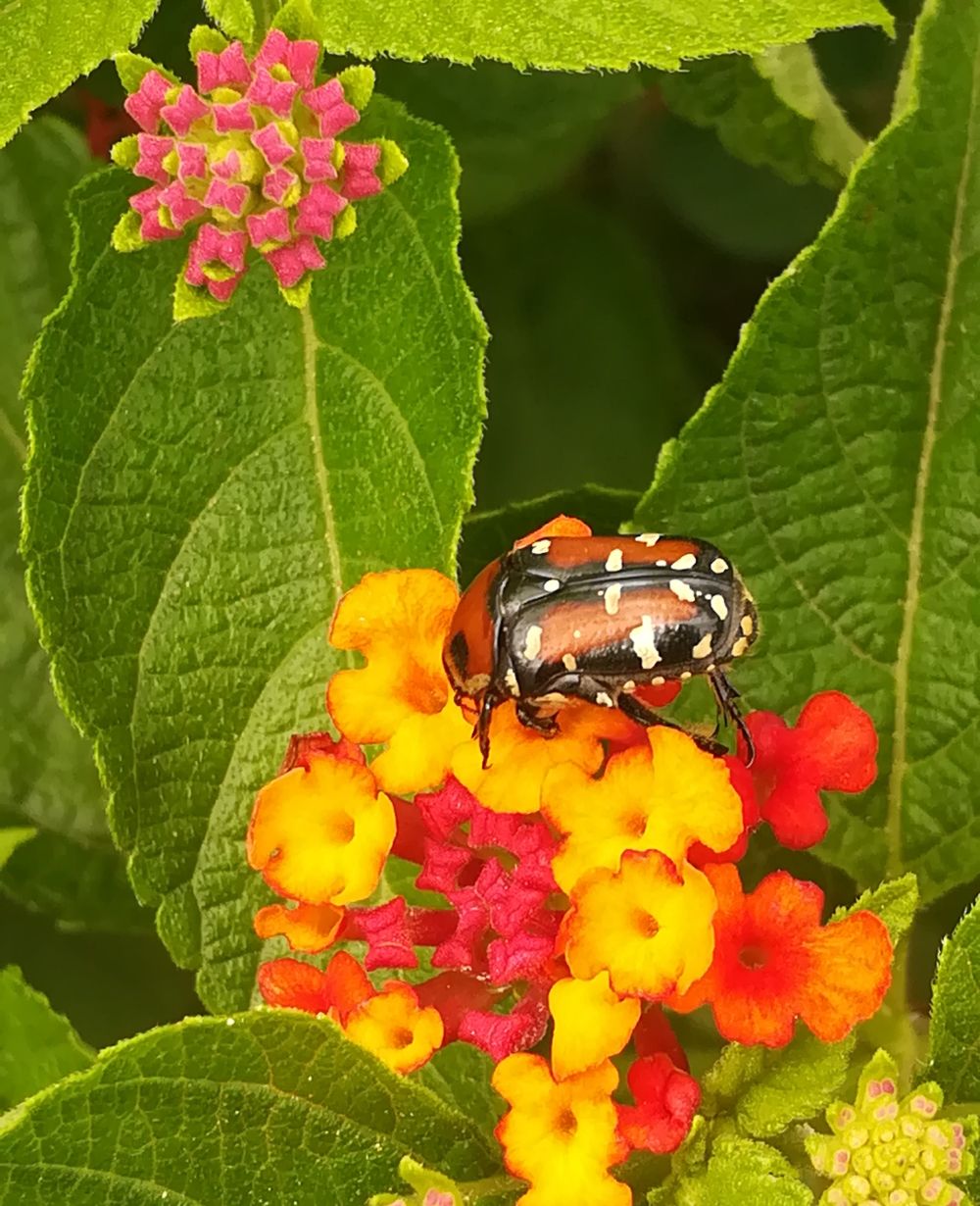
Photography By




FINALIST OF 2022
Photography By
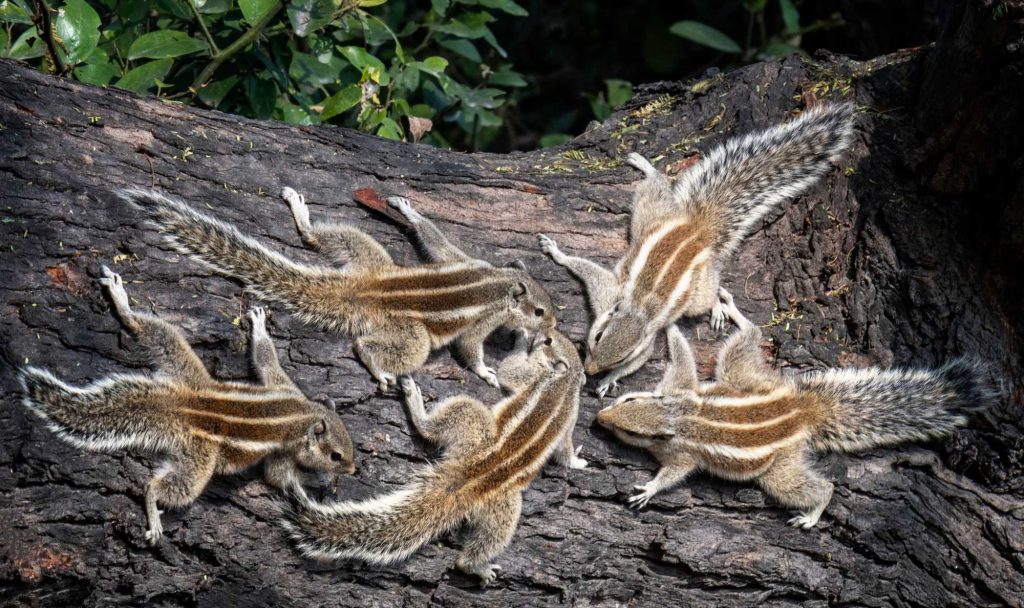
Photography By

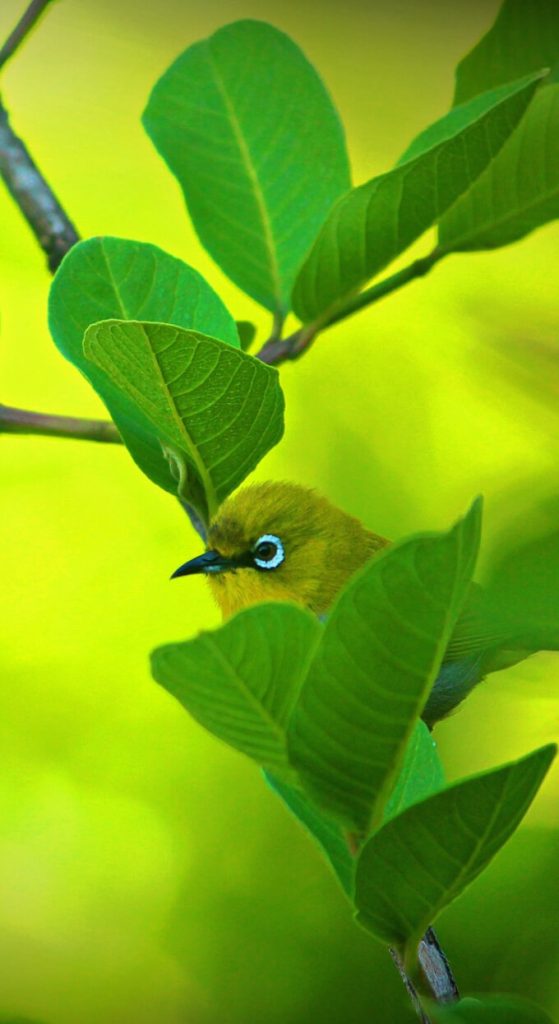
Photography By
Photography By
Photography By



FINALIST OF 2022
Photography By
Photography By
Photography By



FINALIST OF 2022
Photography By
Photography By



FINALIST OF 2022
Photography By



Photography By

AUSTRALIAN
CENTER FOR SUSTAINABLE DEVELOPMENT RESEARCH & INNOVATION
About us
The Australian Centre for Sustainable Development Research Innovation (ACSDRI) is a not-for-profit research foundation with a key objective to promote research and education focusing on seventeen global Sustainable Development Goals.
OUR MISSION
Key highlights of our activities in 2022
Learning from 2022 Annual Seminar
Topic: Green Innovation & Sustainable Business Model-Pathway to Sustainable Development Goals
The risk of corrosion is likely to be aggravated further due to climate change. Darren Lutze educated the audience about Fibe Reinfored Polymer (FRP) Bars and Geopolymer Concrete, which are a couple of innovations in the construction and infrastructure industry.

Darren Lutze
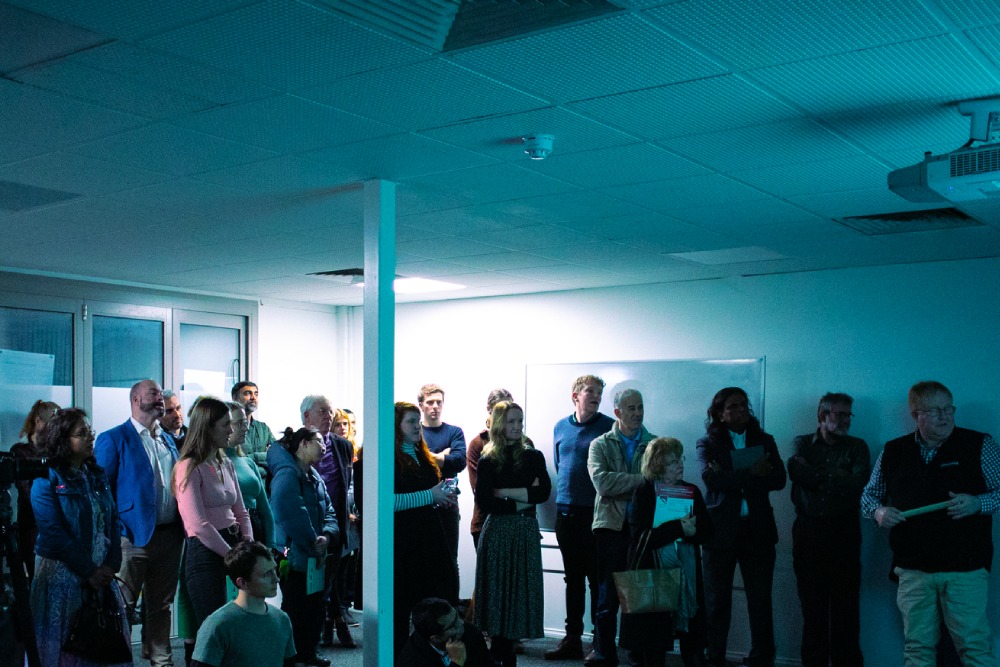
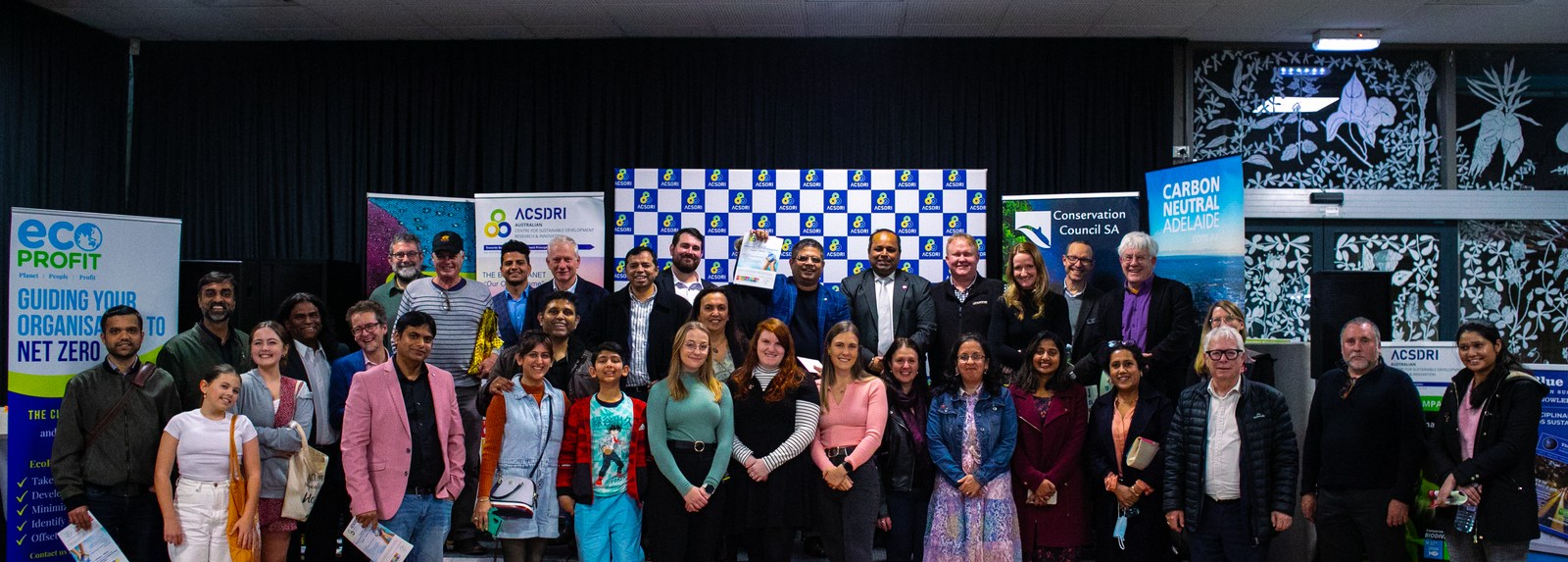
All panel members put forward their intellectual arguments on how we can advance the Green Innovation & Sustainable Business Model – Pathway to Sustainable Development Goals.
Glimpses of the Seminar
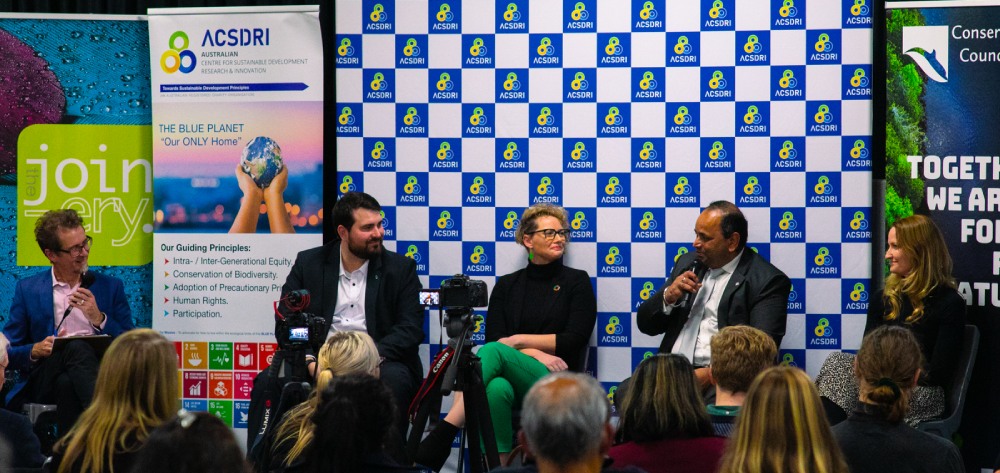
Alls Todd

Jacob Pickering

Fiona Hancock

The full video can be accessed from the link below
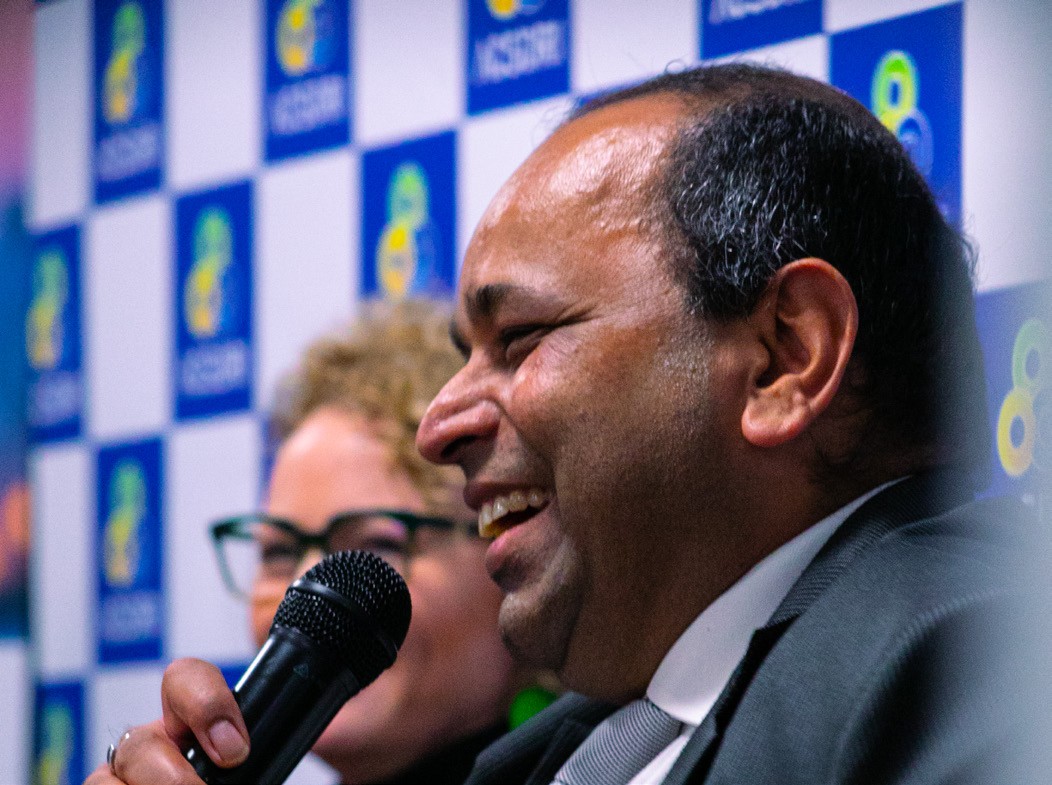
Associate Professor Ashish Malik
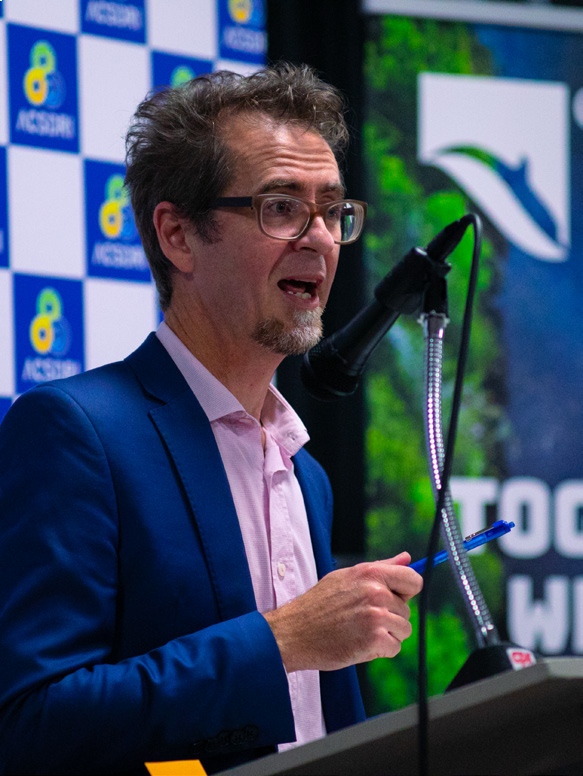
Panel Discussion Moderator:
Matthew Wright-Simon
We also had the opportunity to listen to Councillor Franz Knoll,City of Adelaide and Craig Wilkins, Conservation Council of South Australia, Mark Parnell, Ex-Senator of Parliament of South Australia, and Winton Evers, EcoProfit.
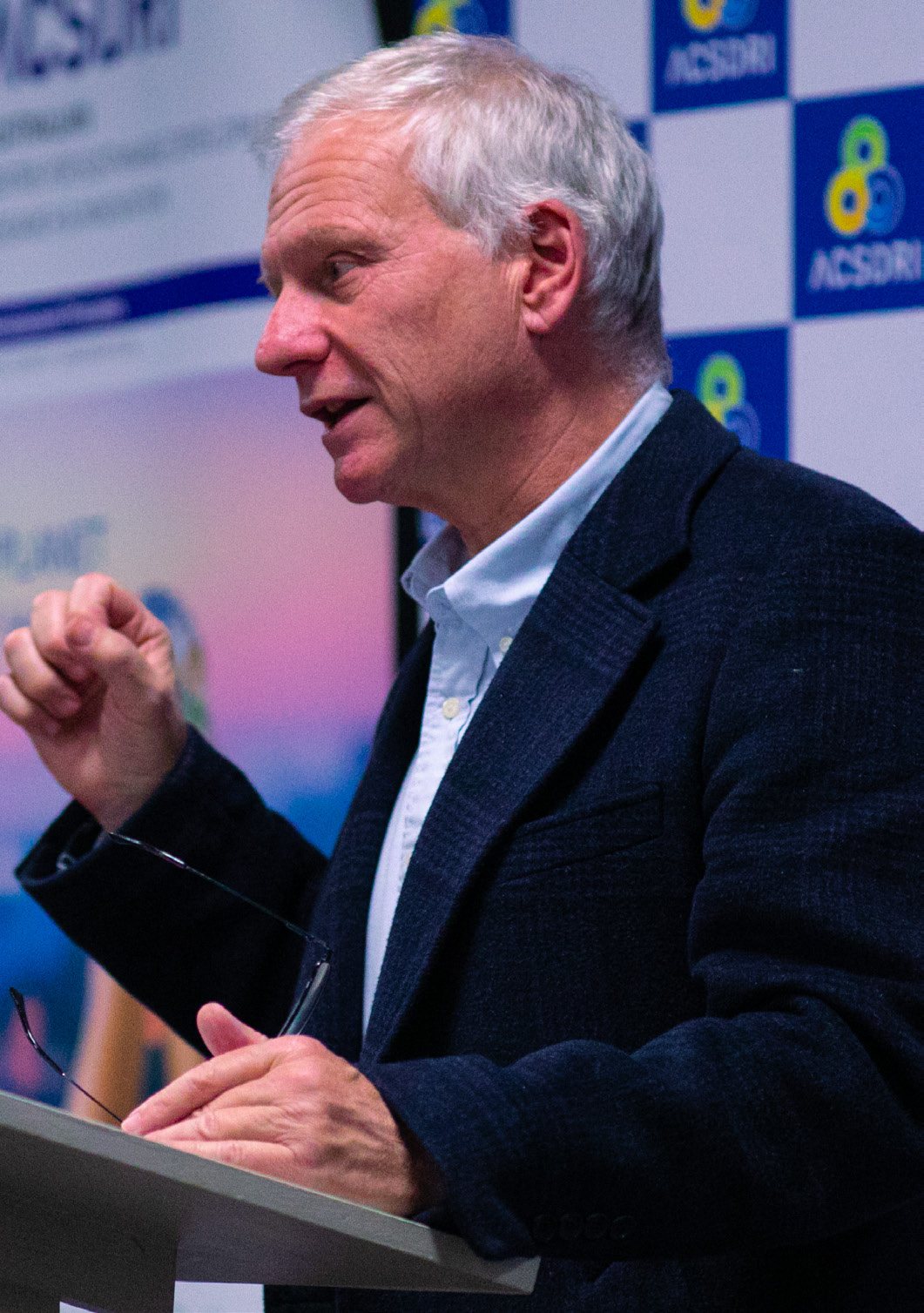
Councillor Franz Knoll
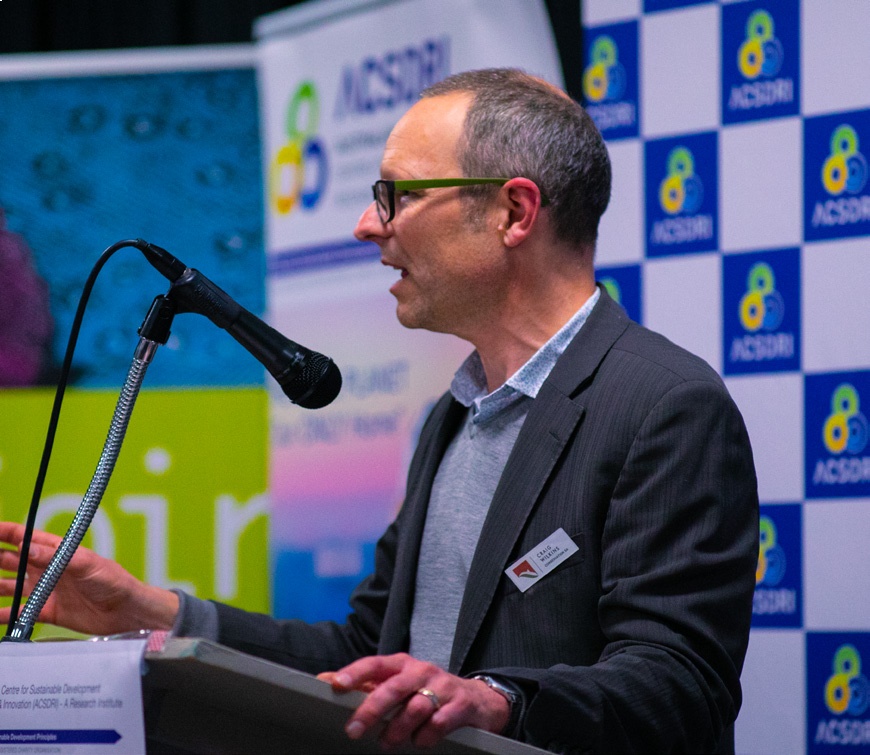
Craig Wilkins

Councillor Franz Knoll
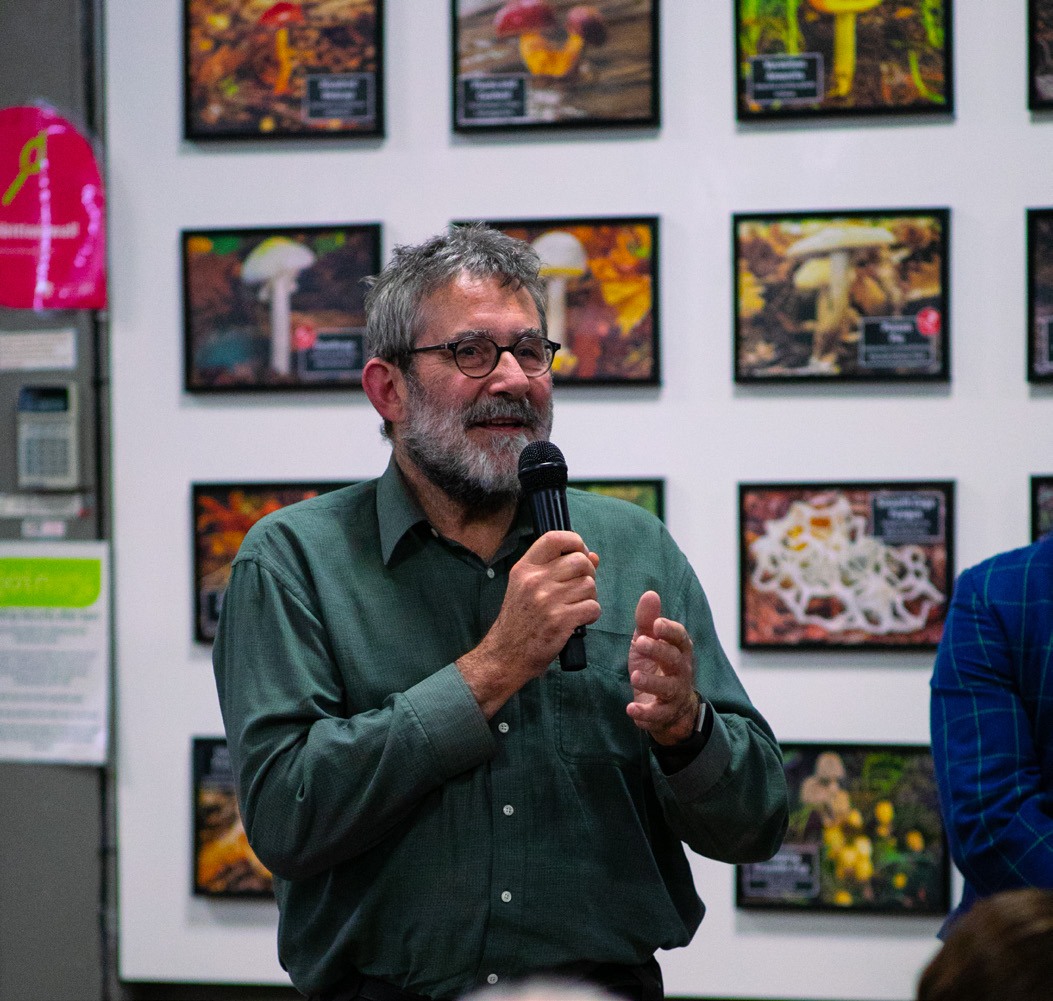
Mark parnel

Craig Wilkins
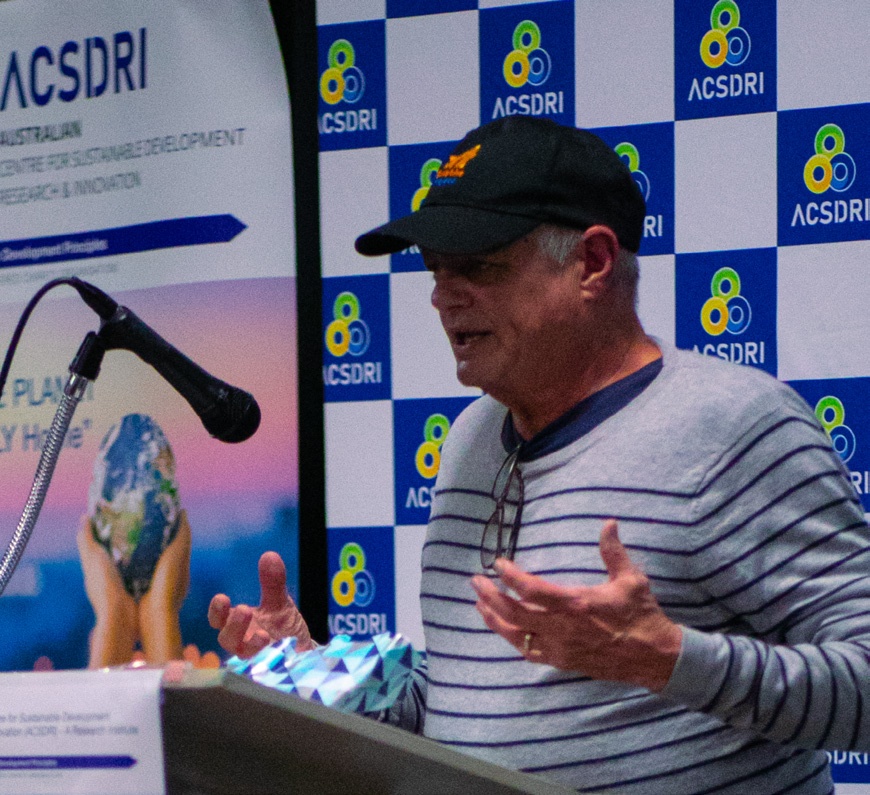
Winton Evers
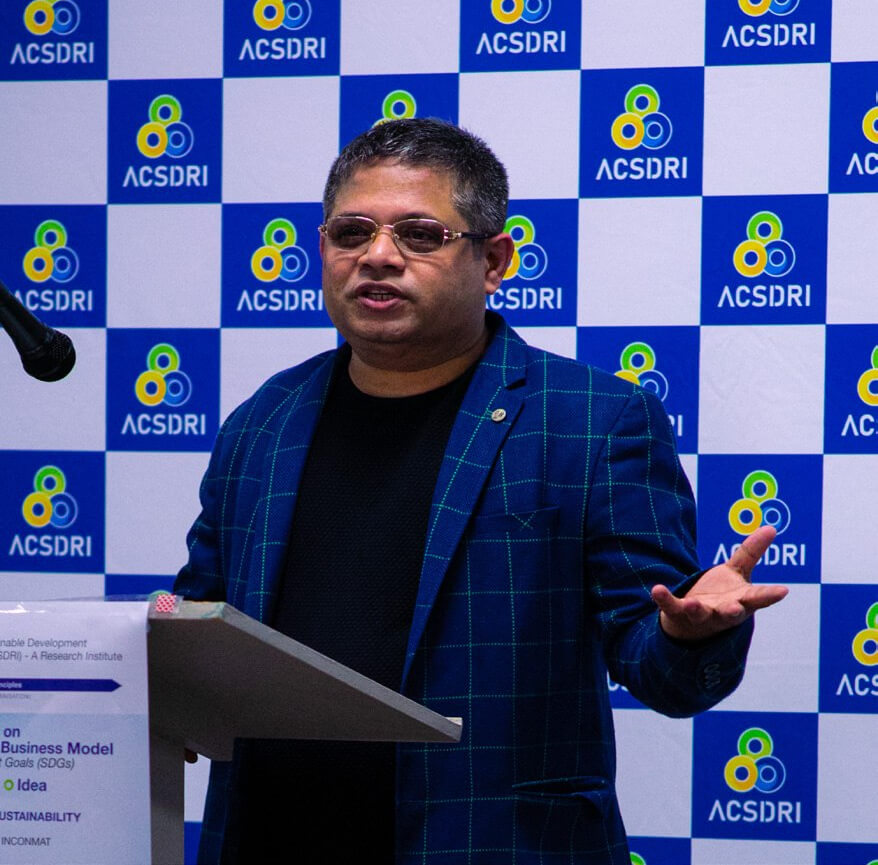
Dr. Kuntal Goswami
Glimpses of the Seminar
Glimpses of the Seminar

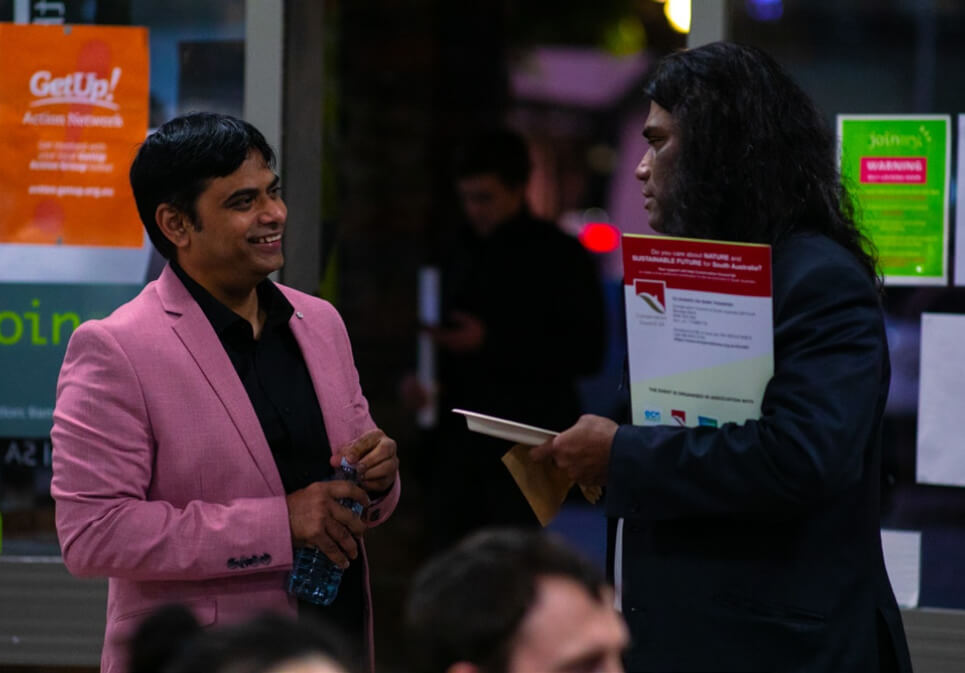
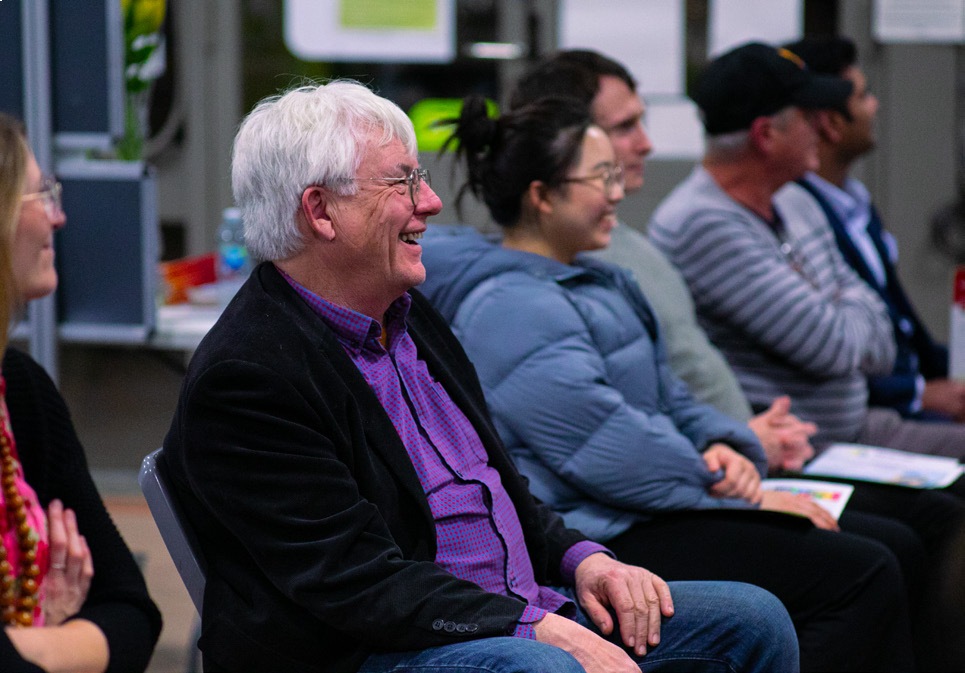
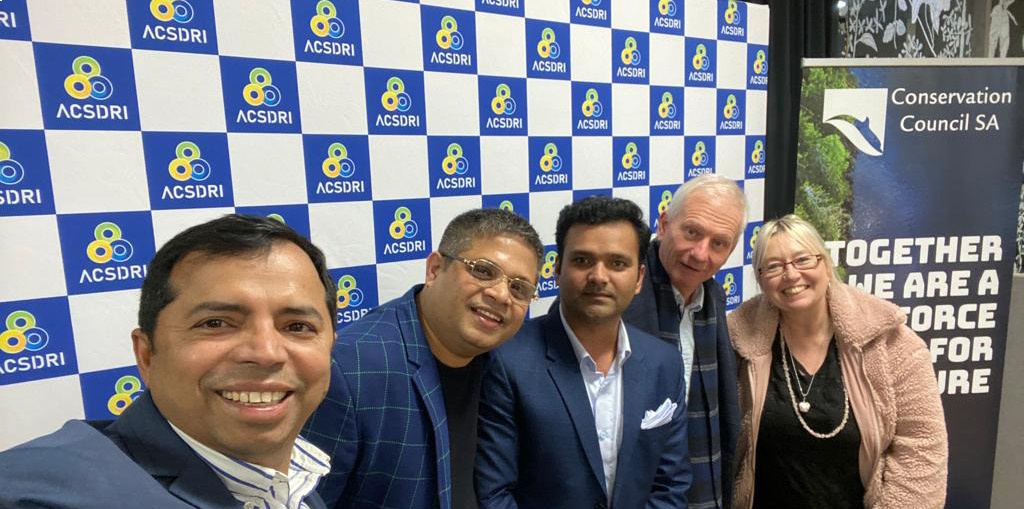
Glimpses of the Seminar
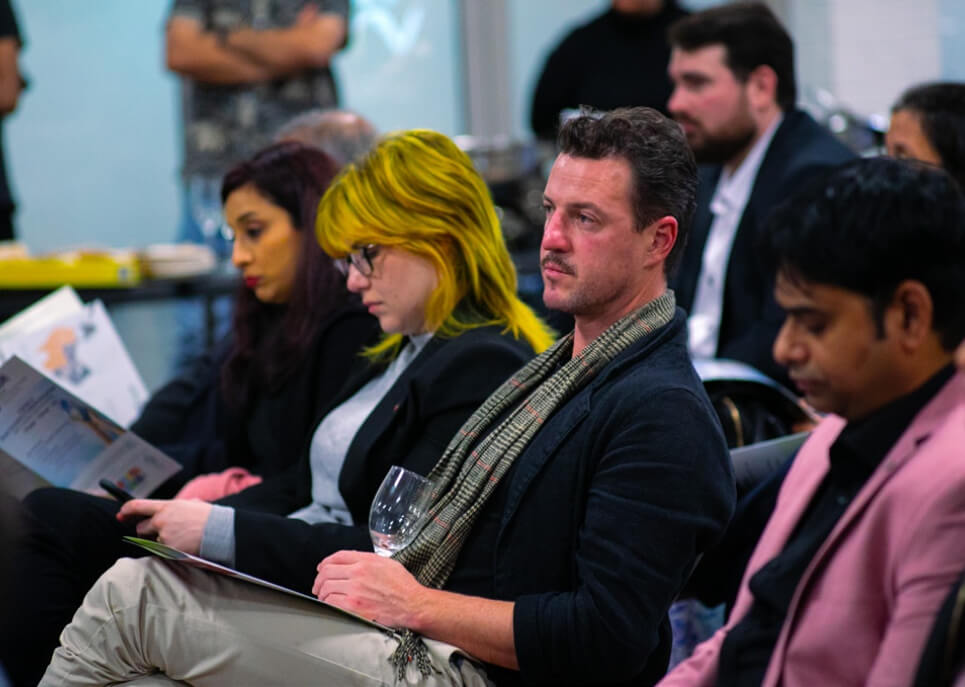
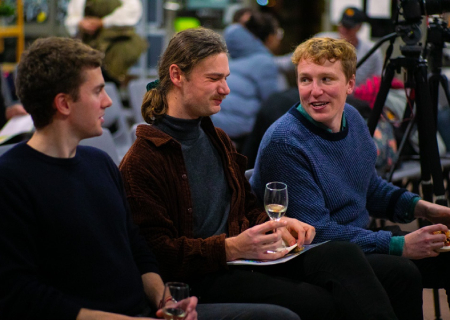
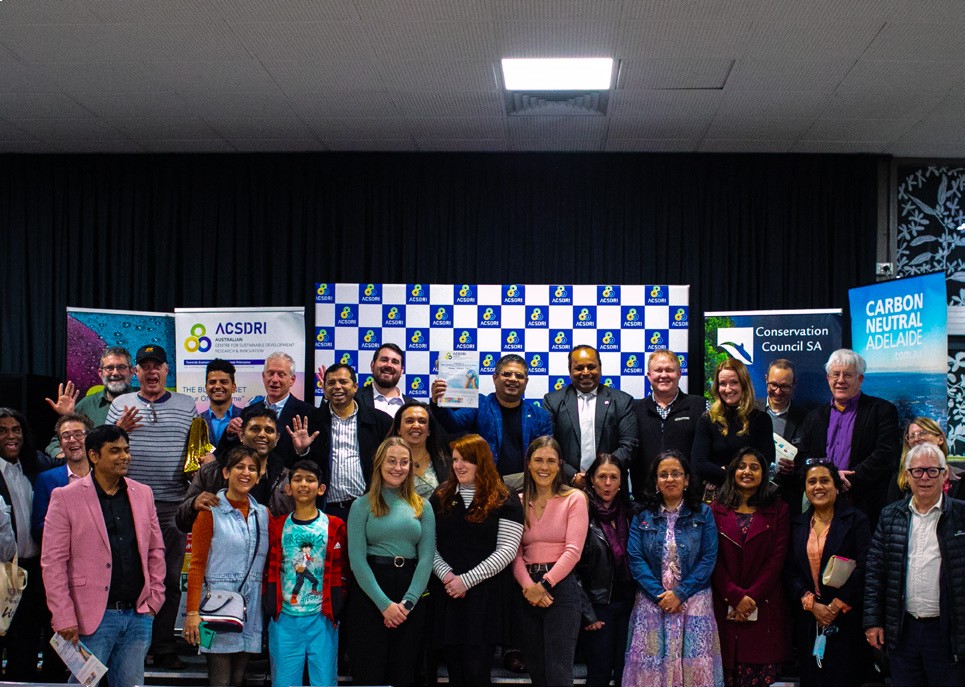
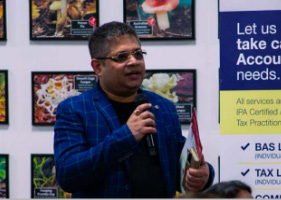
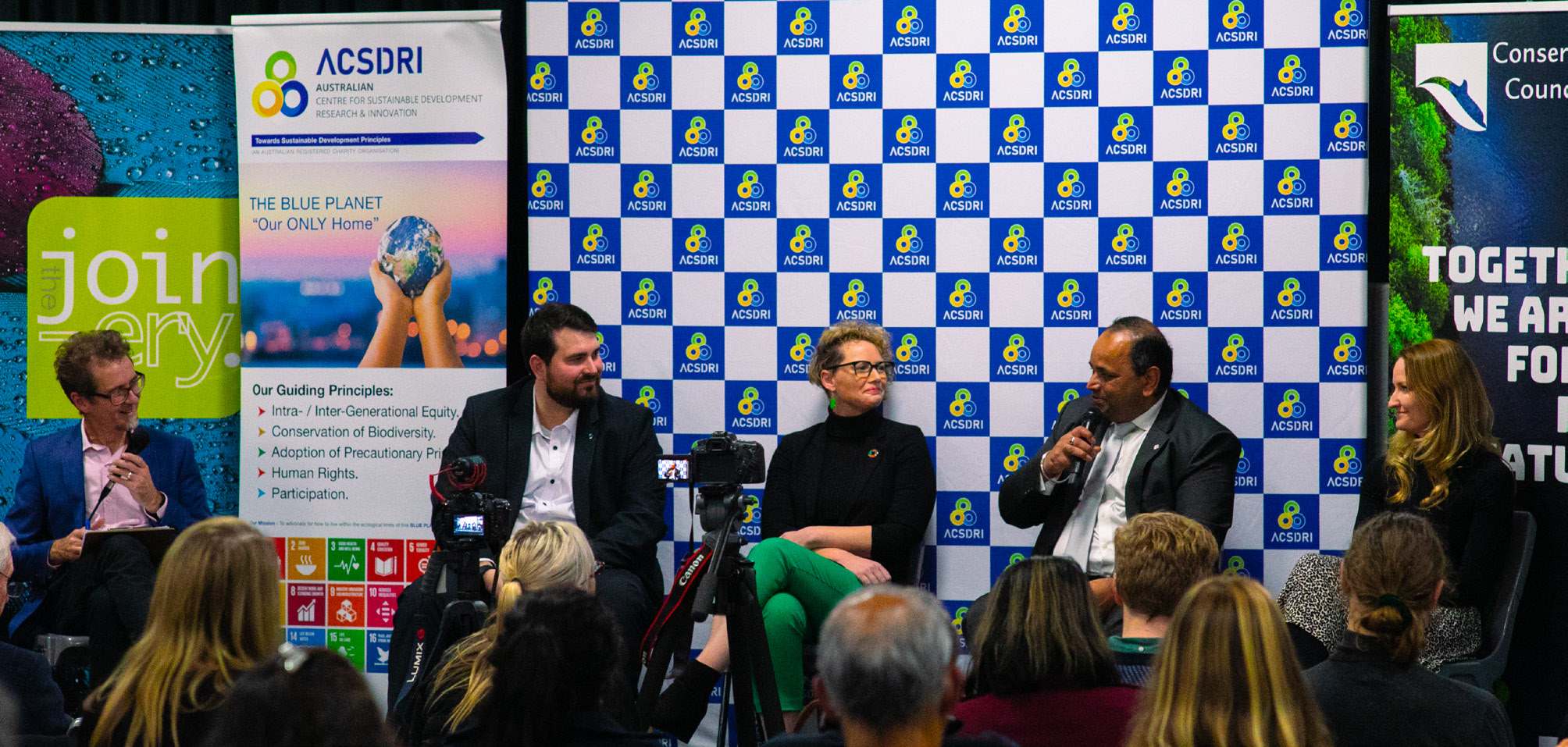
Glimpses of the Seminar
